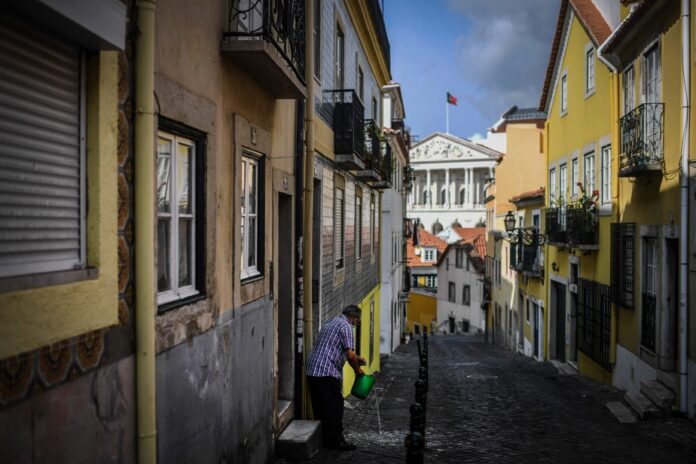It is not easy to enrich a country, as noted by the Premier of Quebec, who has made it his main objective. There is no magic recipe. Portugal tried one that ended up backfiring.
After the 2008 financial crisis, the Portuguese economy was on its knees. The country wanted to improve its lot by attracting foreign investors with honey. Golden visas launched in 2012 grant residence permits to foreigners willing to invest in two ways: either by investing one million euros in the economy or by buying a property worth at least 500,000 euros .
The measure was a huge success and applications for permanent residence poured in, to the point that the immigration services were overwhelmed. It also enriched a plethora of intermediaries who offered to facilitate the obtaining of the golden visa in all countries and in all languages.
Political and economic stability, a rich cultural heritage, a pleasant climate, fantastic beaches and a very low cost of living are a bonus.
The message was quickly picked up by millionaires around the world, who snapped up the most interesting properties in Lisbon, Porto and the Algarve. Less wealthy, but very numerous, have been the self-employed, attracted by the incentives offered to settle in the country and by the elimination of taxes on cryptocurrency activities.
Foreigners flocked to Portugal from all over, especially China, Brazil and also the United States. Californians, in particular, have been numerous to leave their way of life which makes people envious elsewhere and to brave the language barrier, according to the Los Angeles Times, which went to meet them1. These Americans fled Trumpism, gun violence and the exorbitant cost of health and education services in their home countries.
The inevitable happened. Of the approximately 12,000 golden visas granted by the Portuguese government since the start of the program, almost all have been granted to home buyers. Foreign money did converge on Portugal, but the country did not really get rich. The gap between domestic product per capita in Portugal and that of the rest of Europe has widened, according to European statistics.
The influx of wealthy foreigners has above all caused house prices to soar, but also rents, to the point of making housing unaffordable for the population of the country, one of the poorest in Europe.
Portugal is not the only European country to have wanted to attract foreign investment in exchange for a residence permit. Others, like the UK and Ireland, which had similar programs, had to backtrack when it became clear that golden visas could facilitate money laundering or, since the invasion of Ukraine , the unwanted arrival of wealthy Russian citizens.
The European political authorities are preparing to react against this practice, by which certain countries “sell” a European citizenship which does not belong to them.
“Being an EU citizen or resident represents the heart of what the Union embodies: freedom and rights. Selling this as a commodity in exchange for real estate investment shows disrespect from member state governments. It is not for them to sell, and they are threatening our security,” says the report adopted by MEPs who are calling for better control of golden visas.





